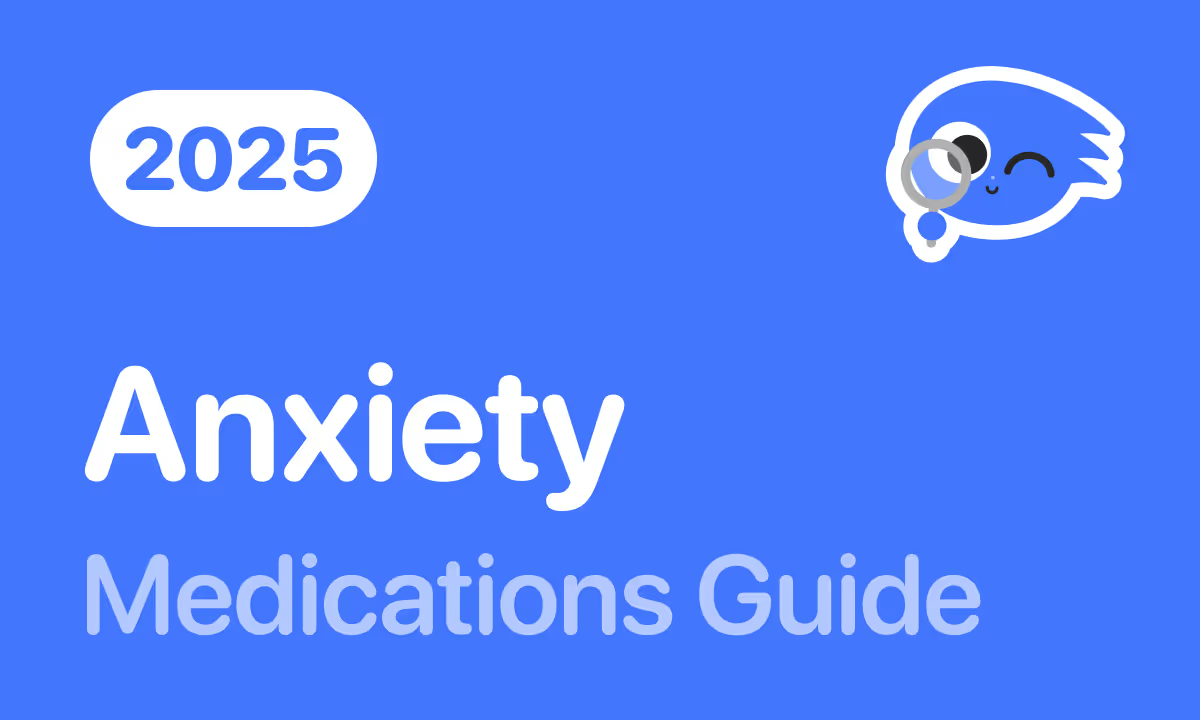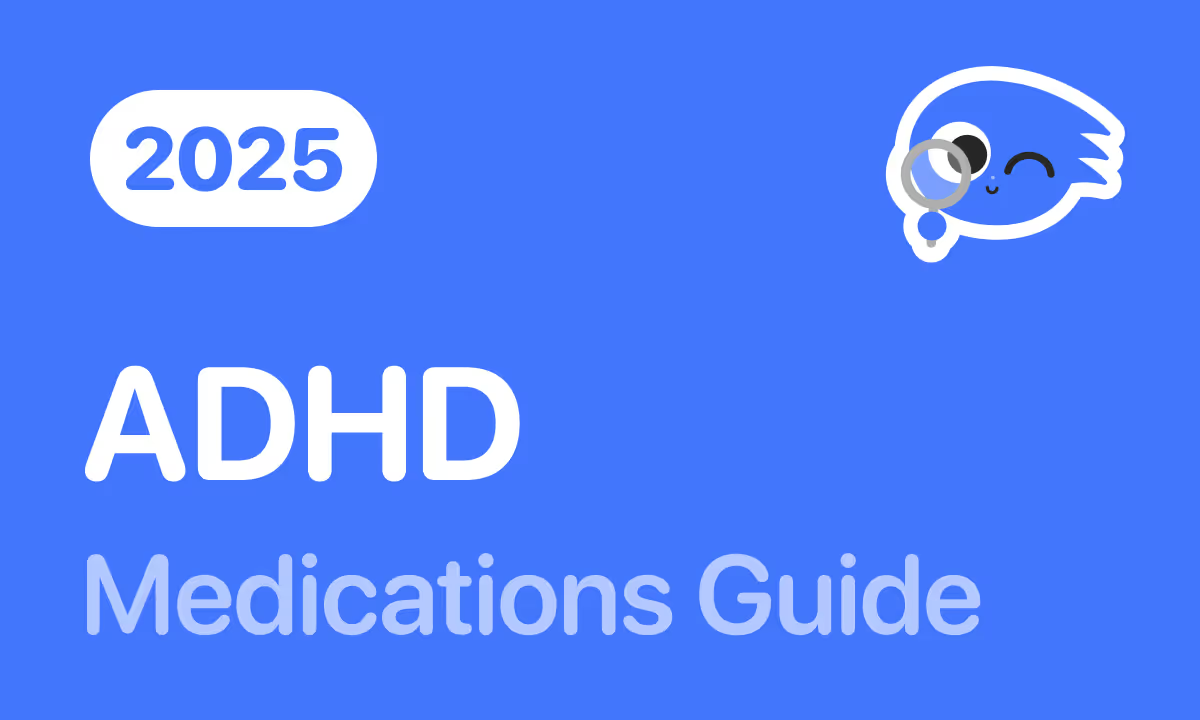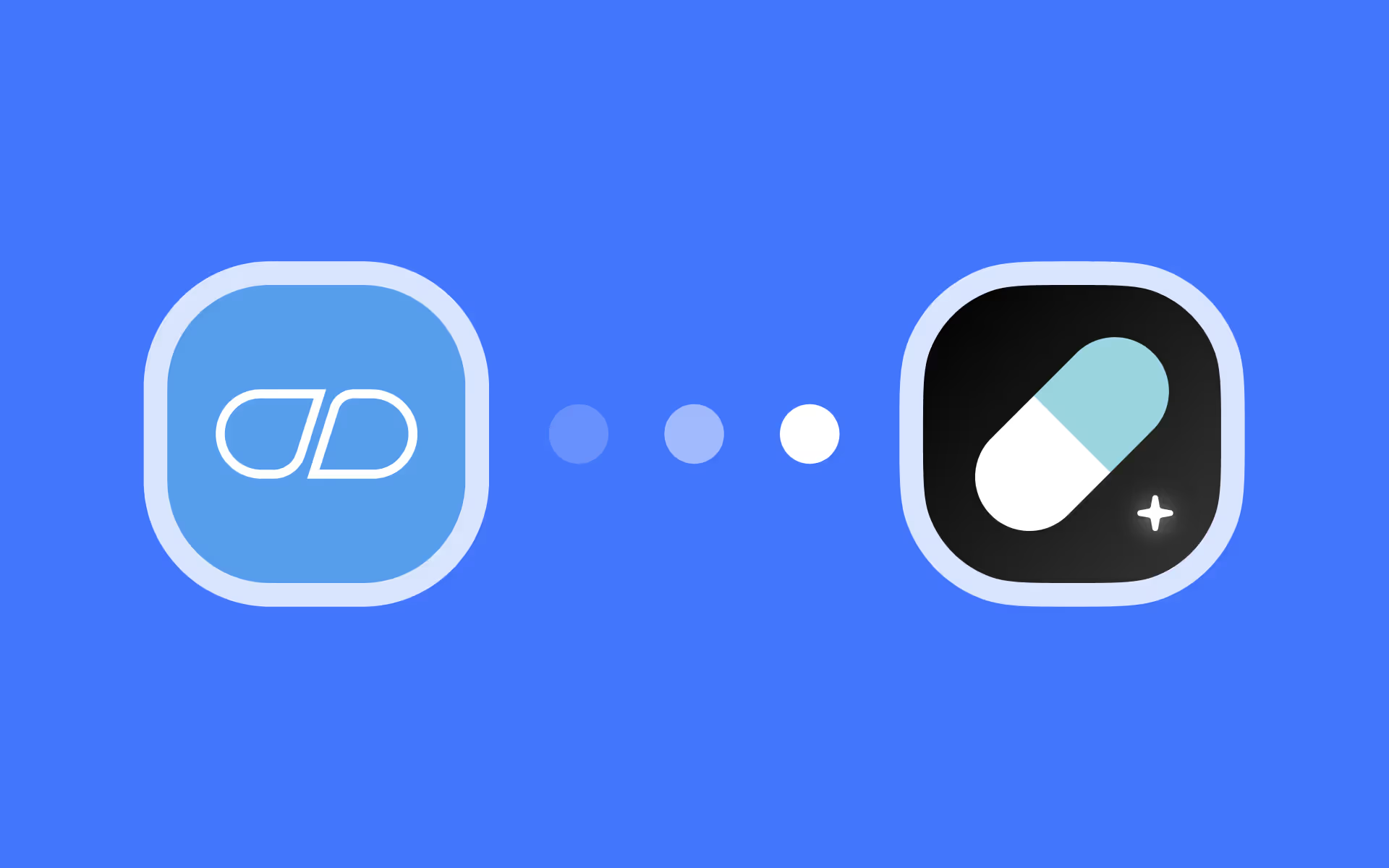Managing medications may seem pretty straight forward, but it can get overwhelming if you're taking multiple medications at the same time.
It's important to keep track of your prescription medications and manage them properly to ensure that you stay on track to your recovery and maintain good health, especially if you have a chronic illness, or are dealing with complex treatment regimens.
Proper medication management not only helps you adhere to your prescribed plan, but also reduces the risk of medication errors, adverse drug interactions, and other complications.
This article will outline what medication management is, why it’s important, and provide 8 practical tips to help you manage your medications better, so you can begin to take charge of your recovery and/or health.
What is Medication Management?

Medication management is the process of monitoring, organizing, and administering prescription drugs to ensure they are taken correctly and safely.
It involves understanding how your medications work, knowing the correct dosages, and keeping track of how different prescription drugs interact with each other.
Medication management is a collaborative effort between you, your prescribing doctor, and your pharmacist, designed to achieve the best possible health outcomes.
Key components of medication management include:
- Medication Adherence: Taking medications exactly as prescribed, including the correct dose, time, and frequency.
- Minimizing Drug Interactions: Understanding how different medications interact with each other, as well as with food, alcohol, and supplements.
- Monitoring Side Effects: Recognizing potential side effects and reporting them to your health care professionals.
Now, let’s dive into the 8 tips that can help you manage your medications more effectively.
1. Utilize a Medication Management App
One of the easiest ways to stay on top of your medications is to use a medication management app. These apps offer a range of features designed to help you organize and adhere to a medication schedule, while also keeping track of all the medications you're taking — from prescription drugs to over the counter medicines.
Some popular medication management apps include Pillo (The Angry Pillbox), Medisafe, and MyTherapy.

How it helps:
- Medication Reminders: Apps can send you alerts when it’s time to take your prescription medication, helping you avoid missed doses and maintain medication adherence. This is particularly useful if you’re taking multiple medications at different times of the day.
- Tracking and Logging: Many apps allow you to log when you’ve taken your medication, making it easy to track your adherence. Some apps also provide refill reminders so you never run out of medication.
- Drug Interaction Warnings: Certain apps can alert you to possible side effects from drug interactions. Many of these apps explain some of the effects of the potential interactions and helps you avoid harmful combinations of medications.
By incorporating a medication management app into your daily routine, you can simplify the process of keeping track of even the most complex medication schedules, ensuring successful medication management. It will also keep you informed and aware of the possible interactions that drugs can have when taken together.
2. Maintain an Up-to-Date List of Your Prescription Drugs
Creating a detailed medication list is a simple yet effective way to improve your medication management process. This list should include all the medicines you take — from prescription medications, over-the-counter medicine, supplements, and even vitamins.

How it helps:
- Provides a Quick Reference: A comprehensive list makes it easier for you to keep track of what prescription medications you need to take and when. Include details such as the name of the medication, dosage, frequency, and the purpose of each drug.
- Facilitates Communication: Share your list with your health care team during appointments, especially when starting a new treatment. This helps your provider make informed decisions about your overall health care and medication administration.
- Assists in Emergencies: In case of an emergency, having a current medication list on hand can be crucial. First responders and healthcare professionals can quickly understand your medication regimen, which can influence treatment decisions.
Regularly updating your medication list ensures that you and your healthcare provider are always on the same page, reducing the risk of errors and improving overall management.
3. For Multiple Medications, Use a Pill Organizer
Pill organizers are a practical tool for sorting and managing your medications. They come in various formats, such as daily, weekly, or monthly organizers, and can accommodate multiple doses per day. They make sure that you're taking the correct medication and the correct dose at exactly the right time.

How it helps:
- Prevents Missed or Double Doses: If you take several medications, pill organizers allow you to pre-sort your medications by day and time, reducing the chances of a missed dose or accidental double dosing.
- Simplifies Medication Regimens: A pill organizer can simplify the process, allowing you to see at a glance what needs to be taken and when. It can also help you check that you're not taking the wrong medicine.
- Improves Adherence: For individuals with cognitive issues or complex regimens, using a pill organizer can enhance adherence by providing a clear and visual way to manage medications for a more effective treatment.
By using a pill organizer, you can streamline your medication routine and ensure you’re taking the right medications at the right times.
4. Set a Routine and Stick to It
Establishing a consistent routine can make taking your medications a natural part of your day. If you especially have difficulty remembering what to take or tend to forget to set reminders, setting up a regular routine will help you manage your prescriptions better. Consistency helps build the habit of taking your medications as prescribed.

How it helps:
- Creates Habitual Behavior: Pair taking your medication with daily activities, such as brushing your teeth, eating meals, or going to bed. This helps create a mental association that reinforces the habit.
- Reduces Forgetfulness: Routines minimize the chances of forgetting a dose, as taking your medication becomes part of your daily rhythm.
- Prepares for Routine Disruptions: Be proactive about changes to your routine, such as traveling or changes in daily schedules. Prepare ahead by setting reminders or carrying your medications with you.
Sticking to a consistent routine helps you stay organized and ensures you take your medications correctly, even during changes to your normal schedule.
5. Store Medications Properly
Proper storage of medications is often overlooked but plays a critical role in ensuring their effectiveness. Medications that are not stored correctly can lose potency or become harmful.

How it helps:
- Maintains Medication Potency: Most medications should be stored in a cool, dry place away from direct sunlight. Humidity, heat, and light can degrade certain drugs, make a big difference in their effectiveness.
- Keeps Medications Safe: Keep medications out of reach of children and pets. Use child-proof containers if necessary to prevent accidental ingestion.
- Reduces Confusion: Organize medications in a designated area to avoid mixing them up. Label each container clearly, especially if you have multiple family members on different medications.
Proper storage helps maintain the quality and safety of your medications, ensuring they work as intended. If you're unsure of how to store your medication properly, you should reach out to your pharmacist. The pharmacist will be able be able to provide proper guidance.
6. Review Your Medications Regularly with Your Doctor or Health Care Team
Regular medication reviews with your doctor are essential to ensure your medications are still appropriate and effective. This is especially important if you’re on long-term medications or have recently started a new drug.

How it helps:
- Adjusts Dosages or Medications: Your doctor can make necessary adjustments based on how well the medications are working and any side effects you may be experiencing.
- Identifies Redundant Medications: Periodic reviews can help identify medications that may no longer be needed, reducing the risk of unnecessary polypharmacy.
- Prevents Interactions: Reviewing your medications helps your provider catch potential drug interactions, especially if you’ve started new prescriptions, over-the-counter medications, or supplements.
Regular reviews help optimize your treatment plan, ensuring that your medications are safe, effective, and tailored to your current health needs.
7. Be Open with Your Doctor
Honest communication with your doctor is a cornerstone of effective medication management. It’s important to be transparent about your lifestyle, dietary habits, and all medications you’re taking.

How it helps:
- Prevents Dangerous Interactions: Many patients are reluctant to disclose that they're drinking alcohol, smoking, or using recreational drugs. However, these habits can significantly impact how medications work and can cause various side effects that can be detrimental to their treatment. For instance, alcohol can interfere with the effectiveness of certain medications, and smoking can alter the metabolism of others, affecting their efficacy.
- Tailors Your Treatment: Your doctor can make better decisions about your medication regimen if they have a full picture of your lifestyle. If you’re taking over-the-counter medications, herbal supplements, or vitamins, it’s crucial to share this information to avoid potential interactions and adverse side effects.
- Improves Health Outcomes: Being honest about your dietary habits, such as high salt or fat intake, can help your provider adjust medications that are affected by diet. For example, certain blood pressure medications may require dietary modifications to work optimally.
Transparency with your health care team helps ensure your medications are managed safely and effectively, providing you with the best possible outcomes.
8. Use Wearable Devices for Medication Reminders
Wearable devices such as smartwatches and fitness trackers can be excellent tools for managing your medications. These devices offer features like reminders, alarms, and even health monitoring, making them a valuable addition to your medication management routine.
Wearable devices also add convenience by allowing you to receive notifications while on-the-go, even without having a smartphone next to you at all times.

How it helps:
- Timely Reminders: Wearable devices can be set up to provide discreet and timely reminders when it’s time to take your medication. The vibration or alert on your wrist ensures that you won’t miss a dose, even when you’re on the go or away from your phone.
- Health Monitoring: Some wearables can monitor your vital signs, such as heart rate or blood pressure, and sync with health apps. This is particularly helpful if you are taking medications that require you to monitor specific health metrics closely.
- Easy Accessibility: Wearables are always with you, making it convenient to stay on top of your medication schedule without having to rely on your phone or other devices. This is especially useful for people with busy lifestyles who may need reminders that are more readily accessible.
- Sync with Medication Apps: Many wearables can sync with medication management apps, providing an integrated approach to managing your health. This helps create a seamless experience, combining reminders, health tracking, and medication management all in one place.
By incorporating wearable devices into your medication routine, you can ensure you never miss a dose, stay informed about your health metrics, and keep your medication management on track, enhancing your overall health outcomes.
Conclusion
Effective medication management is essential for maintaining your health, particularly when dealing with chronic conditions or complex treatment plans.
By using medication management apps, keeping an updated medication list, organizing your medications, setting a routine, storing your medications properly, regularly reviewing your medications with your doctor, and being open about your lifestyle, you can take control of your medication regimen.
These tips will help you stay organized, reduce the risk of errors, and ensure that your treatment plan is as effective as possible.
Remember, managing medications is a collaborative effort between you, your healthcare provider, and your pharmacist, so keep communication open and proactive.





